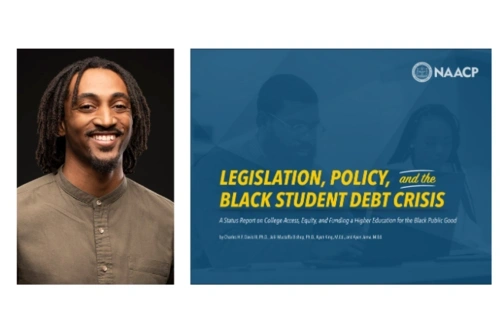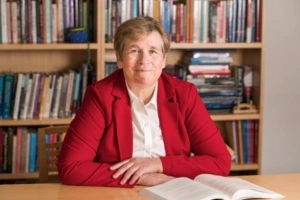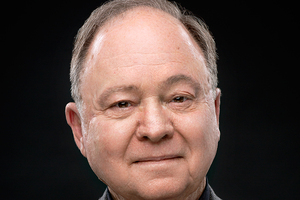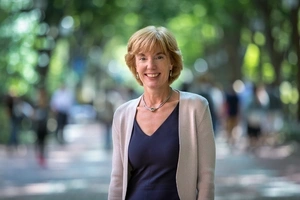This fall, the NAACP released a new report, Legislation, Policy and the Black Student Debt Crisis: A Status Report on College Access, Equity, and Funding a Higher Education for the Black Public Good, co-authored by Jalil Mustaffa Bishop, Vice-Provost Postdoctoral Scholar and Penn GSE Lecturer.

Bishop and his co-authors detail the ways in which the student debt crisis hits Black borrowers the hardest. They also make a detailed argument for canceling student loan debt and reinvesting in the institutions that serve the most Black students.
Bishop is also in the midst of a research project with the Education Trust to document the ongoing effects of student debt on Black borrowers.
We talked with Bishop about race, student loans, and why we shouldn’t confuse expanded admissions access with greater equity in higher education.
Why did you and your co-authors want to focus on student loans?
Student loans are often talked about as a standalone issue. But when you look at the data and focus on Black borrowers, you see that student loans actually sit at the intersection of a few issues.
They reflect historical patterns of racial debt traps, current issues in higher education systems, unequal opportunities in the labor market, and ongoing issues of race and racism.
We felt it was crucial to bring these connections forward and show how the student debt crisis is racialized and impacting Black students.
This report pushes back against the idea that rising enrollment rates and access to college financing are giving Black students an equitable higher education experience. What did you find?
Black students are hearing the message that higher education is accessible to them, that loans are the way to get there, and that job opportunities and economic progress for you and your family will follow from there. Black students are chasing the promise.
But our research shows that every step of that journey is riddled with inequality in a way that undercuts that promise.
Black students are more likely to attend underfunded universities and face an anti-Black campus environment. When they graduate, they are more likely to face unemployment or under-employment and not be able to earn an income to live fully let alone repay student loans.
This follows a historic pattern in America, where Black people are given an opportunity only if they take on large debts. Newly freed ex-slaves had to take on large debts to buy land and were often in debt to the people who had enslaved them. Voting was tied to a poll tax. Recent efforts to expand Black home ownership have led to Black borrowers being offered subprime loans.
These same type of predatory debt traps have formed with student loans. Black students often have access to institutions that are underfunded, or for-profit institutions that will take their student loan money but are less likely to deliver degrees, and a labor market that is riddled with racist outcomes.
You are also conducting a study with Black student loan debt with the Education Trust. What are you looking for?
In 2016, the Department of Education released a dataset that was really the first longitudinal study of Black student loans borrowers though this was an issue as far back as the 1980s. This dataset is fueling a lot of policy conversations, but when I ask who has actually talked to Black people that have student debt, the room can get quiet.
The dataset is great, but it’s not a substitute for Black voices telling how they are navigating higher ed and what this debt has meant for their lives. In our study, we’re collecting the voices of Black borrowers across higher ed and life points.
We want to talk to people who have debt, but no degree or credential: parents who took out loans for their children, Black students who are parents, because we know Black people are more likely to be non-traditional students. We want to talk to people who went to for-profit colleges, HBCUs, public institutions, and private institutions.
We are being intentional. So far, we’re hearing stories of people who are struggling with student loan debt, and those who are managing it and the few finding success.
We’re asking Black people with any type of student loan debt to fill out our survey through the end of December.







